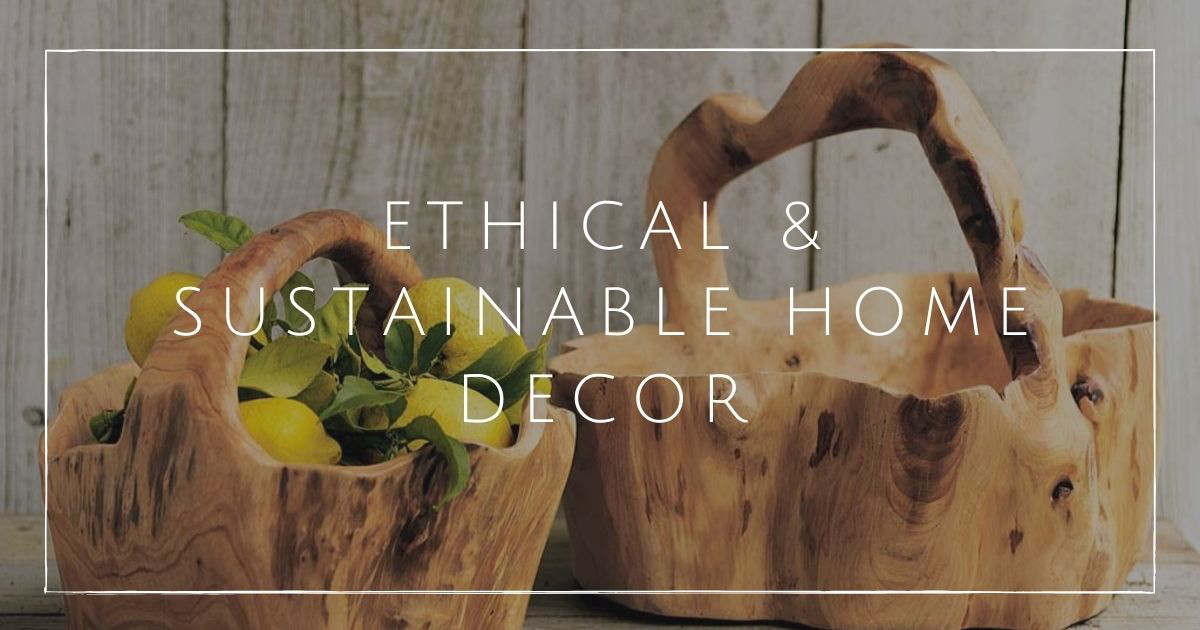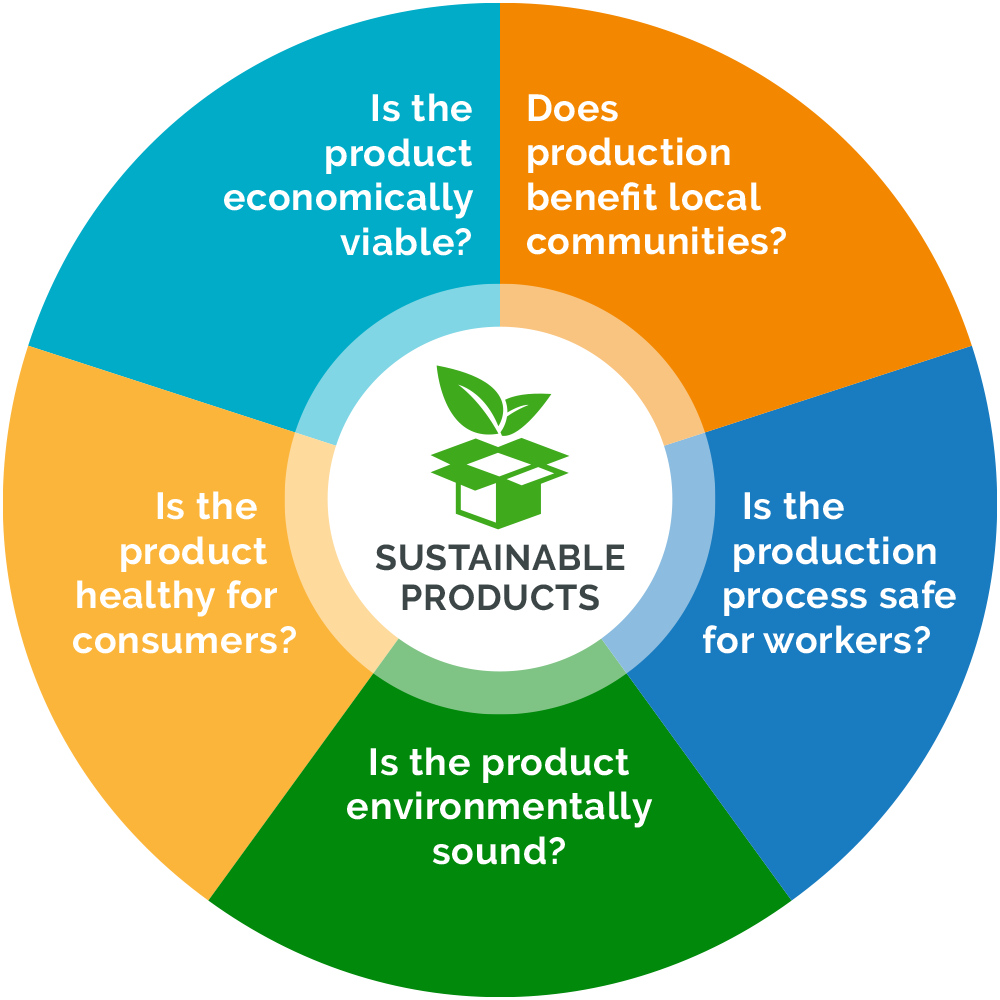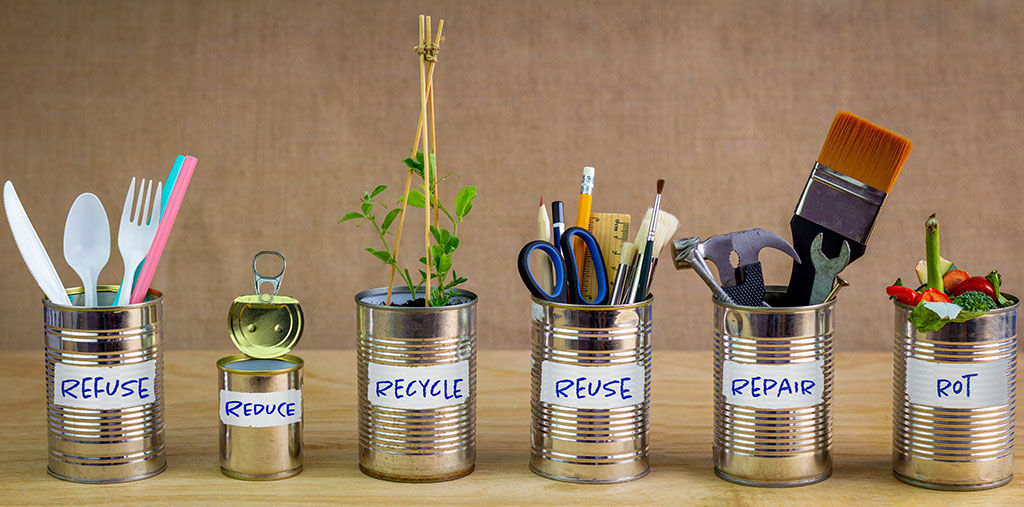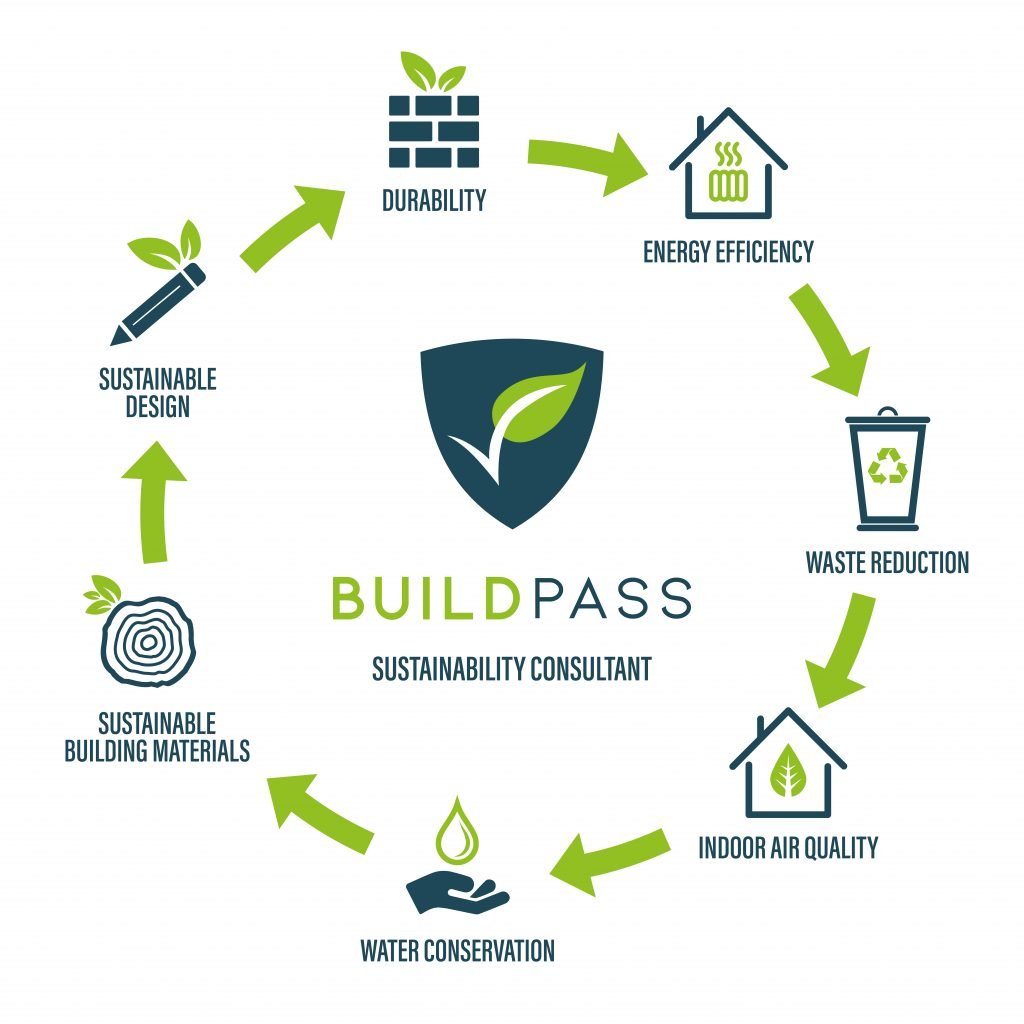Navigating The Ethical Landscape Of Home Products: A Guide To Sustainable And Responsible Choices
Navigating the Ethical Landscape of Home Products: A Guide to Sustainable and Responsible Choices
Related Articles: Navigating the Ethical Landscape of Home Products: A Guide to Sustainable and Responsible Choices
Introduction
With enthusiasm, let’s navigate through the intriguing topic related to Navigating the Ethical Landscape of Home Products: A Guide to Sustainable and Responsible Choices. Let’s weave interesting information and offer fresh perspectives to the readers.
Table of Content
Navigating the Ethical Landscape of Home Products: A Guide to Sustainable and Responsible Choices

The modern home is a reflection of our values and aspirations. But in an era of increasing environmental awareness and social consciousness, the choices we make when furnishing and maintaining our living spaces have a broader impact. The concept of ethical home products extends beyond mere aesthetics and functionality, encompassing a commitment to sustainability, social responsibility, and ethical sourcing. This guide aims to provide a comprehensive understanding of this evolving landscape, empowering consumers to make informed decisions that align with their values.
Understanding the Ethical Imperative in Home Products
The ethical considerations surrounding home products are multifaceted, encompassing the following key areas:
1. Environmental Sustainability:
- Material Sourcing: Ethical home products prioritize materials that are sustainably sourced, minimizing environmental impact. This includes using recycled materials, prioritizing renewable resources like bamboo and wood from responsibly managed forests, and avoiding harmful chemicals and toxins.
- Manufacturing Processes: Ethical manufacturers employ environmentally friendly production methods, minimizing energy consumption, water usage, and waste generation. This includes embracing circular economy principles, where products are designed for longevity and recyclability.
- Product Longevity and Durability: Ethical home products are designed to last, reducing the need for frequent replacements and minimizing waste. This emphasizes quality construction, durable materials, and repairable designs.
2. Social Responsibility:
- Fair Labor Practices: Ethical home products are produced under fair labor conditions, ensuring workers receive fair wages, safe working environments, and respect for their rights. This includes supporting companies that adhere to ethical labor standards and certifications.
- Community Impact: Ethical manufacturers prioritize positive contributions to the communities where they operate, investing in local infrastructure, promoting fair trade practices, and supporting community development initiatives.
- Transparency and Traceability: Ethical companies provide transparency in their supply chains, allowing consumers to trace the origin of their products and understand the impact of their purchasing decisions.
3. Ethical Sourcing and Animal Welfare:
- Animal-Derived Materials: Ethical home products avoid the use of materials derived from animals that are subject to inhumane treatment or unsustainable practices. This includes prioritizing plant-based alternatives to leather, wool, and down.
- Sustainable Farming Practices: Ethical manufacturers source ingredients and materials from farms that prioritize sustainable practices, minimizing environmental impact and ensuring fair treatment of animals.
- Cruelty-Free Practices: Ethical home products are free from animal testing and avoid the use of ingredients that are harmful to animals.
Navigating the Ethical Landscape: A Guide to Identifying Ethical Home Products
With an understanding of the key ethical considerations, consumers can navigate the marketplace effectively. Here are some practical tips for identifying ethical home products:
1. Look for Certifications and Labels:
- FSC (Forest Stewardship Council): Ensures wood products are sourced from responsibly managed forests.
- GOTS (Global Organic Textile Standard): Certifies organic textiles, ensuring they are produced ethically and sustainably.
- Fair Trade: Guarantees fair wages and working conditions for producers in developing countries.
- B Corp Certification: Recognizes companies that meet high standards of social and environmental performance.
- PETA-Approved Vegan: Certifies products that are free from animal-derived ingredients and animal testing.
2. Research and Investigate:
- Company Websites and Social Media: Look for information about a company’s ethical practices, supply chain transparency, and sustainability initiatives.
- Independent Reviews and Ratings: Websites like GoodGuide and Ethical Consumer provide independent assessments of product ethics and sustainability.
- Consumer Forums and Blogs: Connect with other consumers and learn about their experiences with specific brands and products.
3. Consider the Product Lifecycle:
- Durability and Longevity: Invest in high-quality products designed to last, minimizing the need for replacements and reducing waste.
- Repairability and Upgradability: Choose products that are easily repaired or upgraded, extending their lifespan and reducing the need for new purchases.
- Recyclability and End-of-Life Management: Inquire about a product’s recyclability and inquire about the company’s end-of-life management practices.
4. Support Local and Independent Businesses:
- Local Craftspeople and Artisans: Consider purchasing from local craftspeople and artisans who often prioritize ethical practices and sustainable materials.
- Independent Retailers: Support retailers that prioritize ethical sourcing and transparent business practices.
5. Embrace the "Less is More" Mentality:
- Minimalism and Conscious Consumption: Focus on acquiring only what you truly need, avoiding impulsive purchases and unnecessary clutter.
- Upcycling and Repurposing: Give new life to old furniture and items, reducing waste and promoting creativity.
FAQs on Ethical Home Products
1. Are ethical home products more expensive?
While ethical products might have a higher upfront cost, they often offer long-term value through durability, longevity, and reduced maintenance needs. Consider the total cost of ownership, factoring in the environmental and social impact of your choices.
2. Are there enough ethical options available?
The availability of ethical home products is increasing, driven by consumer demand and industry innovation. Online retailers and specialized stores offer a growing selection of sustainable and ethically sourced options.
3. What if I can’t find a specific product that meets my ethical standards?
Consider alternatives, explore DIY projects, or contact the manufacturer directly to inquire about their ethical practices. Your voice can influence future product development and encourage greater transparency.
4. How can I be sure that a product is truly ethical?
While complete assurance is difficult, conducting thorough research, seeking certifications, and engaging with companies directly can provide a greater understanding of their ethical practices.
5. What impact can my choices make?
Each purchase contributes to the market demand for ethical products. By choosing ethically sourced and sustainable options, you support responsible businesses and contribute to a more sustainable and equitable future.
Tips for Embracing Ethical Home Products
- Start Small: Begin by incorporating ethical choices into your home gradually, focusing on areas that resonate most with your values.
- Educate Yourself: Stay informed about ethical practices and certifications, and share your knowledge with others.
- Talk to Retailers: Inquire about a retailer’s commitment to ethical sourcing and sustainability.
- Support Advocacy Organizations: Contribute to organizations that promote ethical practices and advocate for sustainable living.
- Be Patient and Persistent: The transition to a more ethical home is a journey, and progress may not be immediate.
Conclusion
Choosing ethical home products is not just about making responsible choices; it’s about aligning our everyday decisions with our values and contributing to a more sustainable and equitable world. By understanding the key considerations, embracing certifications and research, and supporting businesses that prioritize ethics, consumers can make a meaningful difference. The journey towards ethical home products is a collective effort, and each individual choice contributes to a more conscious and sustainable future.








Closure
Thus, we hope this article has provided valuable insights into Navigating the Ethical Landscape of Home Products: A Guide to Sustainable and Responsible Choices. We hope you find this article informative and beneficial. See you in our next article!